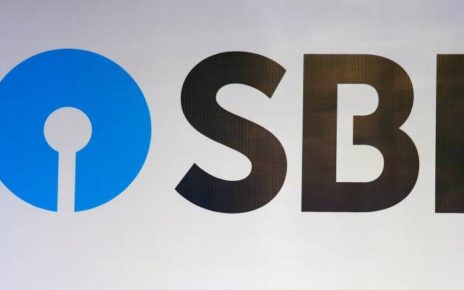The largest-ever deal in India’s booming e-commerce space is in its final leg. Flipkart, country’s biggest e-talier, has bought back over 1.8 million shares worth more than $350 million from minority investors, clearing the decks before its sale to Walmart.
The share buyback will help Flipkart convert itself into a private company under Singapore law, paving way for Walmart to buy around 70 per cent stake from a single entity rather than multiple parties. However, this may not be enough to escape taxes in India.
Even though both the acquiring and the selling companies are based outside India, the acquisition of Flipkart Pvt Ltd, which is registered in Singapore, may still attract tax liability and the purchaser will have to deduct tax amount while making the payment to existing investors.
According to a report in The Indian Express, there could be a tax liability given that a substantial value in the target company (Flipkart) is derived from India. “The indirect transfer or Vodafone provisions are now clear. As per Section 9(1) of The Income Tax Act if the value of the Indian assets is more than 50 per cent of the global assets, the shares will be deemed as Indian shares and gains if any will be liable to tax in India,” Abhishek Goenka, partner & leader, corporate & international tax at PwC told the newspaper.
The Flipkart-Walmart deal could see the issue of retrospective taxation rearing its head once again. In February 2007, Britain’s Vodafone had shelled out $11 billion for a 67 per cent stake in Hutchison Essar. The holding company for Hutchison Essar was registered in Cayman Islands. Seven months after starting its India operations, Vodafone was held liable for capital gains tax on the Hutch Essar deal and taxmen demanded Rs 11,000 crore.
The matter went to court and the Supreme Court in January 2012 ruled in Vodafone’s favour, saying it was not liable to pay any tax over the acquisition of assets in India from the Hong Kong-based Hutchison. Not to be outdone, the government amended the Income Tax Act in 2012 to be able to retrospectively tax any transfer of shares between two non-resident entities that results in indirect transfer of assets in India.
Under Section 9 (1)(i) of the Income Tax Act, all income accruing or arising, whether directly or indirectly, through or from any business connection in India, or through or from any property in India, or through or from any asset or source of income in India or through the transfer of a capital asset situated in India” shall be deemed to accrue or arise in India and will therefore be liable for tax.
If the Flipkart-Walmart deal goes through and a tax incidence on sale is invoked on the purchaser by Indian tax authorities, then the whole point of startups getting registered abroad but operating in India is likely to raise many questions.
Also, Flipkart’s largest shareholder, SoftBank, may be considering ways to sell its stake in online retailer Flipkart without attracting a huge tax liability. SoftBank owns more than 20 per cent stake in e-tailer.
According to a report in Mint, SoftBank may retain all of its stake for at least one year more to avoid paying a large tax. The Japanese internet conglomerate is likely to decide on its stake sale over the next week after consulting with tax experts, the report said.


